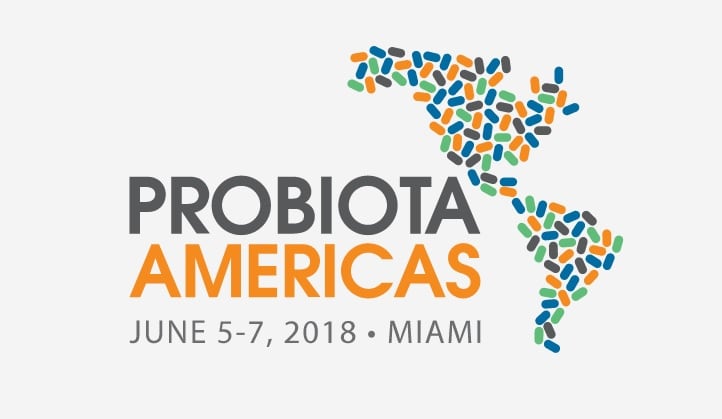“It is important to recognize what is truly a prebiotic, something that is meant to selectively feed beneficial bacteria,” he told NutraIngredients-USA.
While there are many compounds that can alter bacteria in a microbiome, what they do is exactly just that—altering.
“There are compounds such as phages that modify the microbiome by inhibiting the growth of unfriendly bacteria – while these may be useful, they are not prebiotics because they do not feed microbes,” he explained.
“Polyphenols are getting a lot of attention too, and indeed some are healthy,” he added. “However, polyphenols are a class of compounds, and there are probably hundreds of different types of structures of polyphenols. Some polyphenols inhibit the growth of bacteria, including beneficial bacteria, while others have the potential to enhance the growth of certain microbes.”
To classify “polyphenols” as prebiotics is the same as classifying “sugars” as prebiotics, Dr. Saville argued.
Marketing a new prebiotic derived from sugar cane
Prenexus Health, the company he works for, manufactures prebiotic ingredients for use in functional food, beverages, and dietary supplements.
Its most recent product development is called AmpliVida, a xylooligosaccharide derived from non-GMO sugar cane grown in California’s Imperial Valley. In North America, it is exclusively distributed and marketed by global ingredients giant DSM, which also furnished investment capital for Prenexus Health to build a commercial scale plant in Gilbert, AZ to manufacture it.
A spokesperson for DSM said that the ingredient will be available to US and Canadian manufacturers in Q4 of 2018.
The ingredient was soft launched at the Natural Products Expo West Show in Anaheim, CA back in March. At the time, Prenexus Health global sales director Steve Hanson told us that, despite low understanding among the public about what prebiotics actually are, there’s “a lot of interest in the microbiome and digestive health, and prebiotics fill that consumer need.”
Research backing xylooligosaccharides
“Xylooligosaccharides were first commercialized in the late 1980s in Japan, and there has been a recent resurgence as new methods for production and purification have been developed,” Dr. Saville recalled.
Since then, studies on xylooligosaccharides have ranged from in vitro studies with key microbes, to animal studies, and human clinical trials.
He added that the company’s leadership team recognized the significance of high fiber cane in the diet of ancient civilizations.
“Health benefits of cane fiber have been reported throughout history, back to Central American civilizations, residents of the South Sea Islands, the East and West Indies, and Islands in the south Pacific that all chewed on cane stalks,” he said.
“Our cane varieties are similar to the fiber-rich varieties grown throughout history, and are a rich source for xylooligosaccharide prebiotics.”
Comparison to other forms of prebiotics
Compared to other prebiotic forms, such as oligosaccharides or fibers, xylooligosaccharides’ chemical structure leads to greater selectivity, Dr. Saville argued.
“AmpliVida is an oligomer of xylose – a 5-carbon sugar – connected by what are termed ‘beta-bonds.’ The majority of the prebiotics on the market are based upon 6-carbon sugars, using fructose, glucose, sucrose and lactose as their primary building blocks, and most are connected by ‘alpha-bonds.’”
Simply put, the 6-carbon sugars are more widely used in the body for functions like energy. Hence, these types of prebiotics must be shared among a diverse array of microbes, whether beneficial or unfriendly.
“In contrast, prebiotics like AmpliVida are more selective and targeted to beneficial microbes that are uniquely able to process 5-carbon sugars,” he added.
“You are thus feeding the beneficial bacteria, with very little if any sharing with unfriendly bacteria. It is like adding fertilizer to your garden, and growing your favorite flowers, without growing any weeds.”
Dr. Brad Saville will be at the upcoming Probiota Americas 2018, June 5-7 in Miami

Questions such as where prebiotics fit into the digestive health picture and how that should be conveyed to consumers will be among the things discussed at the upcoming Probiota Americas 2018 event set for June 5-7 in Miami, FL.
This one-of-a-kind industry leading event brings together researchers, product developers, regulatory experts and marketers in one venue. For more information or to register, click here.
